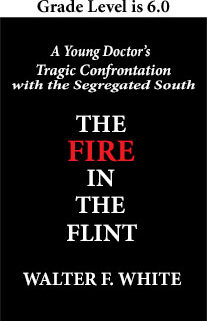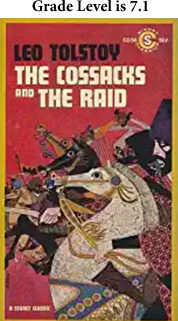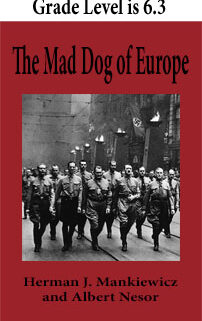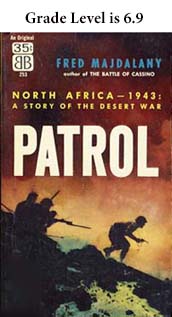Set in 1943, Patrol is a short, intimate novel following a small group of men on a night-time patrol in the North African desert. Major Tim Sheldon, close to battle exhaustion, is unexpectedly asked to carry out the mission and this atmospheric, tense novel puts this so-called minor action center stage, as over the course of the day and during the patrol itself, Sheldon reminisces about his time as a soldier, his own future, and what it means to confront fear.
Patrol was a bestseller when it was first published in 1953. Clearly autobiographical, it is based on Fred Madjalany’s own experiences in Tunisia as part of the North African campaign, in particular his command of a night patrol and his time in hospital when wounded. The fictional battalion in the novel is based on 2nd Battalion, Lancashire Fusiliers into which Majdalany was commissioned in 1940. Infantry battalions such as this were constantly in action with little respite, and the officers were very young by peace time standards. The stress of battle aged them considerably. Madjalany’s wife Sheila Howarth wrote, ‘I believe in Patrol he was writing his epitaph’. He suffered a stroke in 1957 and died ten years later when the specialist commented ‘the war killed him.’
Editorial Reviews:
“Civilians—and many men in the services—never know what war really is. Perhaps in reading ‘Patrol’ by Fred Majdalany they can learn…. To the very short list of those who have been able to convey in fiction the boredom, pain, fear and that acrid stink of war that an old campaigner can recognize—names like Crane and Bierce—Fred Majdalany must be added for ‘Patrol.'” — The New York Herald Tribune
….The author comes up with a striking analogy to define courage under fire. He compares it to a man’s bank account: you start out with a fixed sum, large or small, and as the days on the line and on patrol increase, your account begins to dwindle. The time finally comes when there isn’t much left to draw upon except fear. Anyone who saw the British desert rats in Tunisia in ’43 knows that their account never ran out, and “Patrol” is a stirring tribute to their courage. —The New York Times
Download an epub file for your Android or Apple device:
Download a mobi file for your Amazon device:






